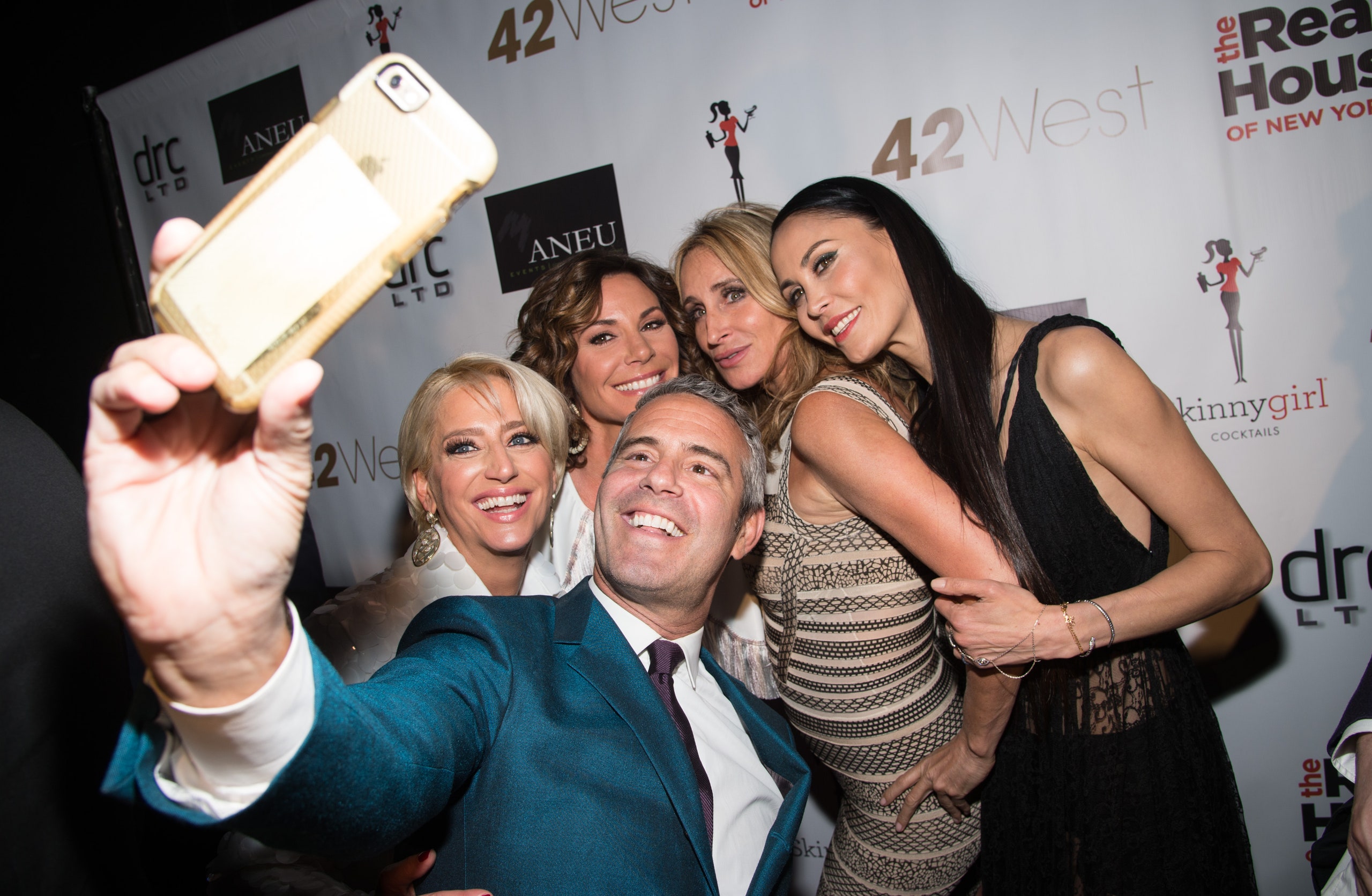Vanity Fair Dives into the Explosive World of 'Real Housewives'

Article by Chris Murphy
Vanity Fair released a significant story about Bravo’s Real Housewives franchise on Monday. The deeply engaging feature by Anna Peele delves into the internal dynamics of the hugely popular show series, the physical and mental health issues reportedly induced in its stars, as well as allegations of racial discrimination behind-the-scenes and subsequent denials. Peele joined Hillary Busis and Chris Murphy on this week’s Still Watching podcast to discuss her investigative process, the evolving production landscape, and what these developments portend for Housewives aficionados.
Peele shares, “I've spoken to present and former housewives, producers, and additional staff who've worked alongside housewives and various Bravo cast members. The number of interviews I've conducted in recent months is countless. It comprised many dialogues with numerous individuals.”
At this point, Busis, who is relatively new to Housewives, questions the motivation behind the cast's continued involvement with Bravo. Referring to an anonymous participant who is still an active part of the show, she says to Peele, “She states candidly, 'Yes, it's tough. I despise it. But lacking any alternatives, what else can I do?' It doesn't even take the form of Stockholm syndrome, given that she recognizes the expected misery associated with the show. Yet, they persist and consent willingly."
Murphy, an ardent fan of Housewives, likens the series to sports, with their favorite teams, players, records, and seasons. His hypothesis? "Sports are often brutal and physically detrimental. However, the glory, sunshine, adulation, and affection from fans keep people coming back. It seems a significant part of Housewives mirrors this.”
Peele concurs, highlighting that housewives are cognizant of the sacrifices they make for television appearances. “It's a view that, having weathered so much difficulty, they feel deserving of some reward or victory," she says. Peele then references Bethenny Frankel, who, after gaining fame and associating with RHONY, sold her alcohol-centric brand Skinnygirl for $100 million and is seeking to form a union for reality TV stars.
Peele agrees, “Bethenny's rise to fame was largely due to her ability to ride on the coattails of others. ‘It's a dog eat dog world,’ she says. It's a fact of life that if you're riding high, someone else is at the bottom. Reconciling with that reality and witnessing the impact it has on people has profoundly affected her.” The fact that housewives may spend several years recurring on the show further complicates matters. “Stars would not want to anger their employers or appear unsportsmanlike to fans as that is generally unpopular,” adds Peele.
Both Hillary and Murphy concur that being a poor sport, or even just being dull, are unpardonable offenses.
But the incessant demand to be entertaining can result in negative outcomes. In her feature, Peele talks about Leah McSweeney's struggle to remain sober during her association with RHONY, her brief stay in a mental health facility, and her allegations of discrimination against Bravo and other corporations. Peele mentions, “Leah McSweeney’s situation felt fun and iconic at face value, but delving deeper into the off-stage circumstances makes it a challenging scenario.”
Peele also recalls an instance involving Eboni K. Williams and her former RHONY colleague Ramona Singer who, as indicated in Peele's story, allegedly made several racially insensitive comments that had left Williams and a Black female producer who had joined the series in the same season feeling uncomfortable. “Learning about the backstage events has lent credibility to all the on-camera comments that Eboni made which led some fans to criticize her,” remarks Peele. Singer was later dismissed from BravoCon for purportedly using a racial epithet in a text message to a Page Six reporter while denying Peele’s allegations (which she also denied to Vanity Fair).
Despite the grim nature of Peele’s narrative, she sees potential for a more humane and less detrimental version of Housewives. She suggests the franchise can take cues from another Bravo series, “Married to Medicine, which seems more supportive. As if prioritizing humanity over entertainment, this inadvertently leads to the creation of the most entertaining shows ever produced.”




